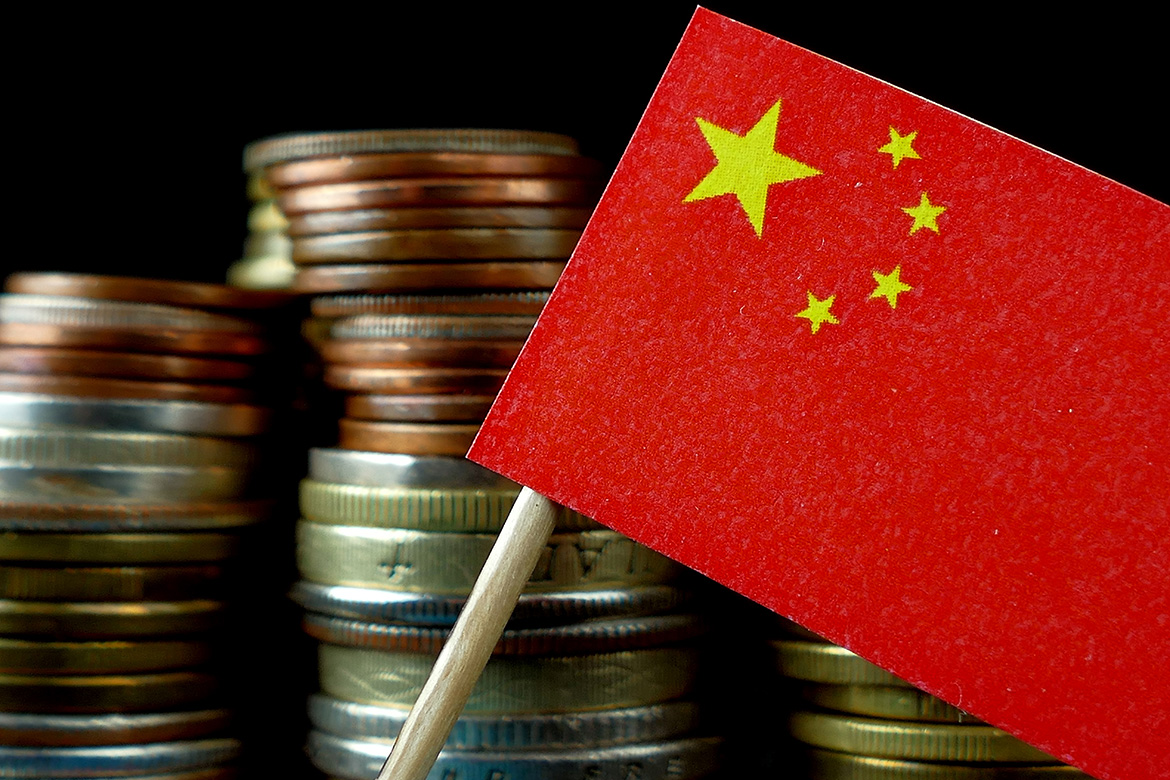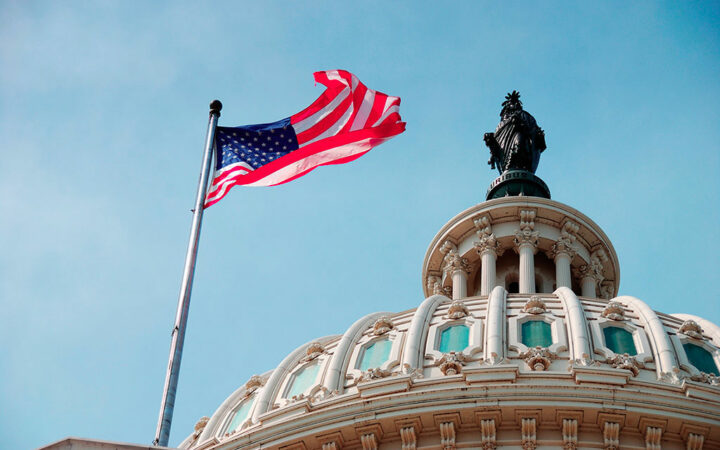
Christopher Haruna Hamman is a Freelance content developer, Crypto-Enthusiast and tech-savvy individual. He is also a Superstar Content Developer, Strategy Demigod, and Standup Guy.
The People’s Bank of China is preparing for testing its digital currency in the cities of Shenzhen and Suzhou.

Sequel to earlier reports that its digital currency was in the works, the Chinese are reportedly set to test its new digital currency electronic payment (DC/EP) in two cities of Shenzen and Suzhou. Sources further indicate that the People’s Bank of China (PBoC) will become the first Central Bank in the world to introduce its digital currency. It has also further emerged that the PBoC is set to work with seven state-owned corporate entities to run this test: three telecoms companies and four financial institutions. The PBoC has reportedly introduced a competitive-scenario to enable the entities to develop innovative strategies for the successful test-run of the project.
It has also emerged that this test-phase will have as its core focus mission-critical sectors such as medicine, education, transportation, logistics, and commerce both physical and electronic. The financial institutions are using different strategies for the implementation of the electronic currency. Some are focused on working with the telecom companies to provide hardware-based solutions that will run electronic currency wallet systems right out of the SIM cards of mobile phones while others have chosen a cloud-based infrastructure perspective using mobile applications for implementation.
In Shenzen, indications have emerged that the test-phase will start on a micro-scale before the end of this year with a few participants in each city and then will now be scaled up by next year. As for Suzhou, earlier reports have emerged that a state-backed (backed and founded by the PB-C’s digital currency research institute) fintech company has been looking for fintech, blockchain encryption experts. This has given credence to the indications that both cities will be involved in the testing process of the digital currency.
Before now, the People’s Bank of China had a digital currency in the works but it seems that the recent announcement of Facebook‘s Libra and other global stablecoins put a renewed vigor into the race to find a digital currency alternative for the Chinese. The recent statements of Chinese President Xi Jinping and the passing of laws aiding the development of blockchain technology have already given further credence that the Chinese are keen on winning the decentralized ledger technology (DLT) race on their terms rather than on anyone else’s.
This has also led to many pundits within the decentralized finance (DeFi) space to wonder if the West and everyone else will be left behind in this new race that will most likely define a lot of things in the coming decade. The Chinese have been able to get the rules out of the way and move at speeds that will make it hard for anyone to catch up with.
Other nations such as Germany have sidestepped the legal question with a broad-based definition of cryptocurrency assets and have created a “catch-all” framework that will allow for quick implementation of DeFi solutions.
So, while all hope is not lost for the West to catch up with the Chinese, western governments have to do something quickly or they will be in the backseat as far as DLTs are concerned for at least a decade.

Christopher Haruna Hamman is a Freelance content developer, Crypto-Enthusiast and tech-savvy individual. He is also a Superstar Content Developer, Strategy Demigod, and Standup Guy.




